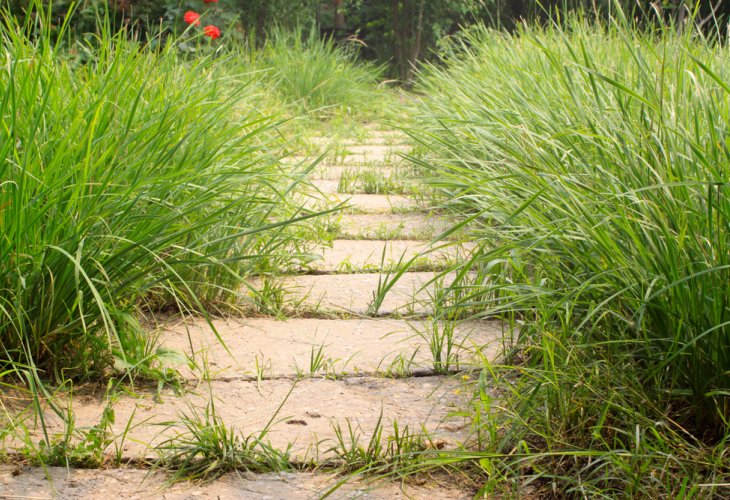Jewish Law
Shemittah: Practical Advice for Field and Garden
Shemittah is the Shabbat of the Land of Israel. What does this mean in practice?
 (Photo: shutterstock)
(Photo: shutterstock)The mitzvah of Shemittah is described in the Torah (Vayikra 25:3-6):
"For six years you shall sow your field, and for six years you shall prune your vineyard, and gather in its produce. But in the seventh year, the land shall have a complete rest, a Shabbat to Hashem; you shall not sow your field, you shall not prune your vineyard, nor shall you reap the aftergrowth of your harvest ... And [the produce of] the Shabbat of the land shall be yours to eat for you, for your male and female servants, and for your hired worker and resident who live with you..."
What does all this mean in practice?
Harvesting
The Torah states: "You shall not reap the aftergrowth of your harvest," meaning that it is forbidden to harvest or pick fruits in the same way as other, non-Shemittah years, when one harvests the entire field and gathers the crop together in a large heap.
During Shemittah, agricultural produce may be picked in quantities that one normally brings home for personal use. This may be done even using specialized tools for harvesting. If a person inadvertently picked more than is permitted, he may still eat the food.
It is important to note that fruit that grew to a third of its mature size during the sixth year does not gain kedushah shevi'it (the sanctity of the Sabbatical year) even though it ripens during Shemittah. Along the same lines, fruit that bloomed and grew to a third of its mature size in Shemittah year but only ripened in the year after Shemittah does have kedushat shevi'it.
Plowing
It is forbidden to plow or dig in order to enhance the land, whether this is done by machine or by hand.
Plowing in preparation for planting in the eighth year is also forbidden.
In most cases, digging in order to erect a fence is permitted, although one should consult a rabbi and describe the specific circumstances.
Spraying
During Shemittah year, fields may be sprayed with pesticide in order to kill pests. Weed killer may also be sprayed in order to kill weeds that are choking plants.
If spraying proves ineffective, one may remove weeds with a hoe, taking care not to turn over the soil.
In a garden, herbicide can be used to prevent weeds from growing. If they have already grown, however, they may not be weeded out. One may, however, trim them back, leaving them taller than one would otherwise, for aesthetic purposes but not to benefit the soil or trees and plants.
Wrapping
It is permitted to wrap fruits in plastic to prevent damage that would diminish their quality or to stop birds from eating them, but not to improve their external appearance.
Crops may be covered with plastic sheeting or similar materials to protect them from the elements.

